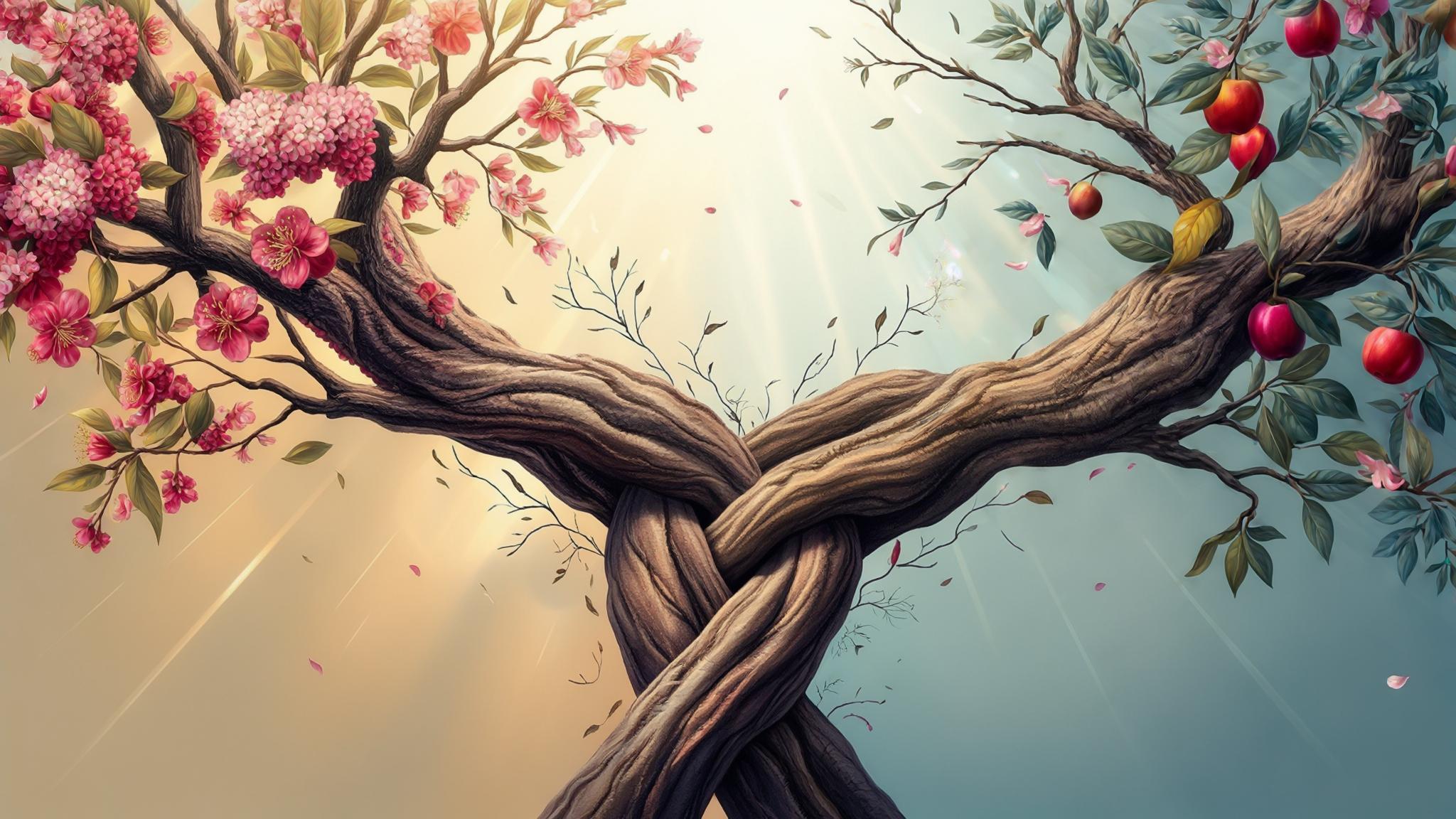The Evolving Landscape of Relationships
In today's world, relationships have taken on a myriad of forms and expectations, often overwhelming those looking to connect deeply. Balancing emotional intelligence, sexual desire, and the need for companionship can feel like a juggling act. The quest for love, intimacy, and support comes intertwined with personal ambitions and societal pressures, raising essential questions about what it means to be connected in modern times.
The Multifaceted Partner
When envisioning an ideal partner, many seek a complex blend of attributes: someone who provides economic support, companionship, social status, and family life, but also desires someone who can be a best friend, a confidant, an intellectual equal, a fitness buddy, a professional coach, and a passionate lover. This is a tall order, and it is not surprising that many feel overwhelmed or even disappointed when relationships do not meet these multifaceted expectations.
The Role of Dating Platforms
In the digital age, avenues for connection have expanded significantly through dating platforms. Yet, navigating these can often lead to frustration and burnout. It raises questions about how to use these apps effectively without letting them dominate your social life. The challenge lies in balancing traditional dating experiences with contemporary digital interactions. How much time should be spent chatting before transitioning to an in-person meeting? What approach can align with a more laid-back yet intentional dating strategy?
The Pressure of Time and Desire
The anxiety around timelines, especially related to family and biological clocks, adds another layer of complexity. Many feel an urgent desire to find a partner due to the ticking clock of fertility, leading to a frantic search for love. This urgency often clouds the romantic journey, turning it into a mission rather than an exploration of connection and intimacy. It can inadvertently strip the dating experience of its natural evolution, where relationships historically flourished through serendipitous encounters rather than calculated moves.
Rethinking Relationships
A controversial notion worth considering is the traditional narrative that requires finding a romantic partner who can fulfill multiple life roles. What if the search for parenthood or companionship didn’t hinge on a singular relationship? The idea of finding co-parenting partners rather than life partners points toward innovative approaches in modern relationships. This challenges the blueprint many have traditionally followed, allowing alternatives that can be equally fulfilling.
Exploring the Emotional Landscape
Many individuals grapple with feeling unseen or invisible as they navigate love in their later years. Gender dynamics, societal expectations, and personal experiences often complicate the quest for romance. The concept of the soulmate has transformed over time, shifting from seeing partners as economic supporters to expecting them to fulfill emotional needs, leading to what can feel like a significant burden on one relationship.
The Importance of Diverse Connections
To alleviate some of the pressure placed on romantic partners, it’s worthwhile to foster a diverse network of relationships. Each friendship, family bond, or mentorship brings its own flavor of love. A rich emotional landscape can alleviate the need for a single partner to provide all forms of affection and support. This multiplicity in connections fosters a healthier dynamic within romantic relationships, allowing partners to complement each other rather than complete each other.
Communication About Desire
One of the central themes in modern intimacy revolves around understanding sexual desire and the discrepancies that may arise between partners. Distinct patterns of desire plague many relationships; the key is to foster open conversations about individual needs and desires. It’s crucial to acknowledge that desire can ebb and flow for various reasons, including stress, health changes, or life dynamics. Consistent communication about these shifts can help maintain intimacy even through relational challenges.
Initiating Difficult Conversations
How do we create a safe environment for discussing sexuality openly? Initiating conversations about desire is essential yet challenging. Utilizing a playful approach, such as card games or open-ended questions, can help couples explore their sexual preferences without the weight of judgment or pressure. The format encourages sharing experiences, fantasies, and desires in a non-threatening manner, nurturing connection and intimacy.
Empowerment Through Knowledge
The ability to understand what reignites personal desire or dampens it—such as external pressures or internal fears—is empowering. Rather than relying solely on a partner to fulfill intimacy needs, individuals are encouraged to take responsibility for their desires, exploring personal interests, health, and emotional well-being. Recognizing the interplay between sexual health and broader emotional resilience is vital in nurturing a satisfying sexual relationship.
Navigating Discrepancies in Desire
When faced with discrepancies in sexual desire, it’s important for partners to assess the roots of these differences. Discussing the emotional and relational climate surrounding desire can offer insight into the broader dynamics at play. Are these differences a recent development, or have they always existed? How are external stressors influencing personal experiences? Addressing these questions may reveal deeper understanding and potential pathways for reconnection.
Conclusion: Embracing Complexity in Love
The quest for connection in our modern world is both a beautiful and challenging journey. By recognizing the multi-dimensional expectations placed on romantic partnerships and the need for diverse emotional support systems, individuals can cultivate deeper connections free from rigid societal constructs. Engaging in open communication about desires, practicing empathy for one another’s experiences, and valuing the many forms of love in our lives can ultimately enrich relationships and enhance sexual intimacy over time.




